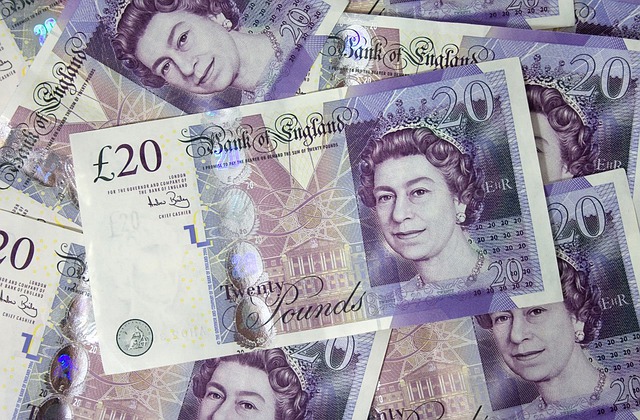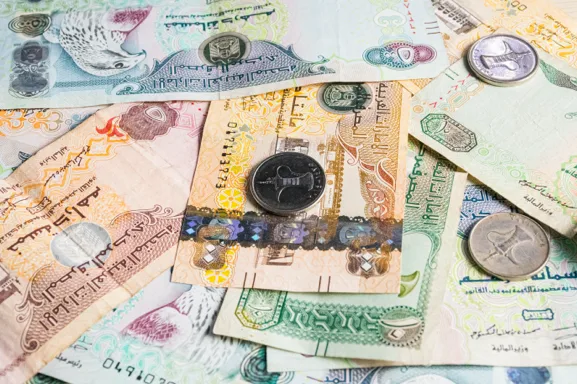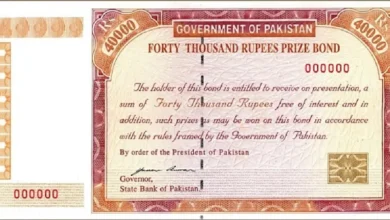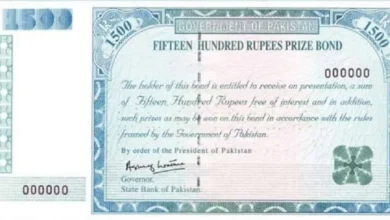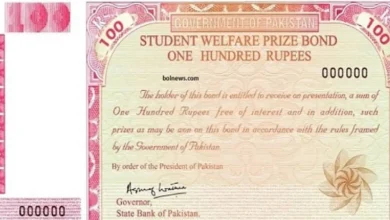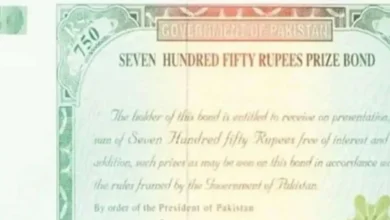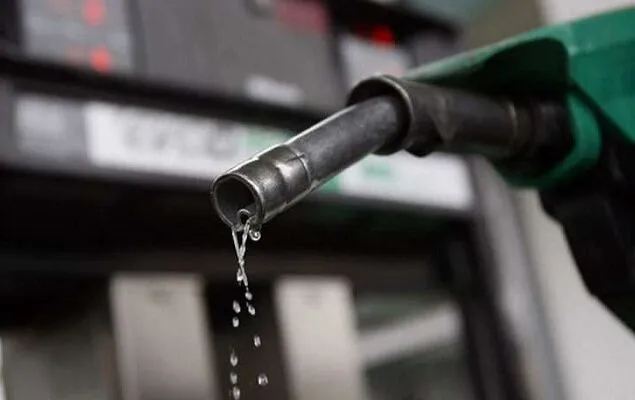
Finance Minister Ishaq Dar declared a substantial increase in the petrol price by Rs19.95 per litre, setting the new price at Rs272.95. This decision was made as part of the upcoming fortnightly review and is said to be in the nation’s best interest.
The announcement, initially scheduled for July 31, was postponed as the government deliberated on the potential impact this could have on citizens already grappling with inflation. The aim was to either maintain or reduce the rates, but the hike was deemed inevitable due to prior commitments with the International Monetary Fund (IMF).
This will be the last such announcement from Dar as his government’s term concludes on August 12. The price increase is tied to Pakistan’s agreement with the IMF to apply a petroleum development levy to the rates. Dar stated, “We attempted to explore options for either reducing or adjusting its operation. However, we are bound by our commitments with the IMF regarding the petroleum development levy.”
The finance minister acknowledged that if the government were not obligated to the IMF, they would have considered lowering the Petroleum Development Levy (PDL). He also emphasized that he would avoid the previous government’s approach of decreasing petrol prices, which led to failure in meeting IMF commitments.
Dar further pointed out that the international market had witnessed a significant increase in the price of high-speed diesel, which influenced the government’s decision to raise local rates. He added, “With the national interest in mind, it is imperative that we implement the calculated minimum [amount].” This move reflects the government’s efforts to balance economic pressures while fulfilling international obligations.



